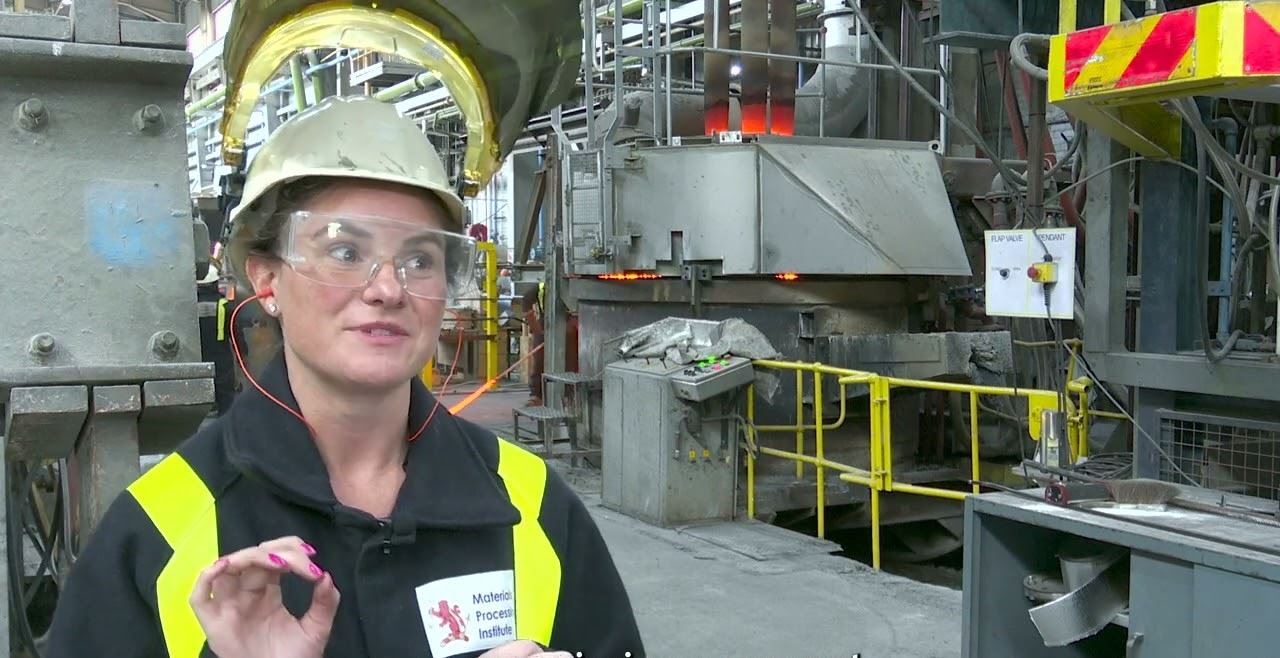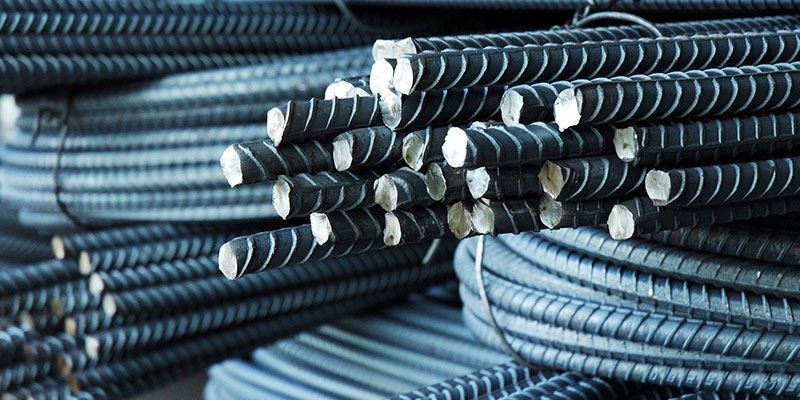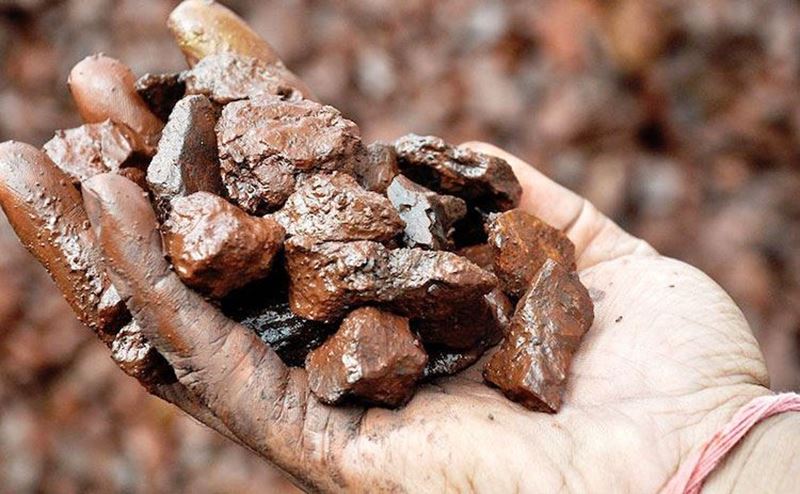The first trial melting process has been completed within the scope of the innovative Cement 2 Zero project. The project, which aims to develop and produce the world's first zero-emission industrial cement on a large scale, is a pioneer in two sectors.
In the joint project, the process covering production and pre-production progresses from the laboratory to the pilot plant. Research and trials aim to accelerate and improve decarbonisation in the construction, cement and steel sectors.
Its scope has been kept broad so that it is reflected in the supply chain of the organizations that will work together. The Materials Processing Institute (MPI UK), University of Cambridge, CELSA Steel UK, Atkins, Balfour Beatty, Day Aggregates and Tarmac are each involved in this project. It plays a vital role in the research, development, scaling and testing phases.
The trial melting was carried out using a 7 tonne Electric Arc Furnace (EAF) at the Materials Processing Institute's Teesside facility. It was designed to allow all team members to observe the trial process in detail.
Three more meltings will be carried out using the EAF at the institute. Large-scale trials aim to develop approaches and de-risk processes. In the next stage, CELSA will certify the production by carrying out a series of industrial-scale trial melts in Cardiff.
The procedure was carried out by Dr. from the University of Cambridge. It was developed by Cyrille Dunant. Dunant had shown that the chemical composition of the cement used was almost identical to that of the lime flux used in conventional EAFs.
Cement 2 Zero uses recycled cement as the flux in the electrical steel recycling process. This by-product produces Portland cement clinker, which when cooled and ground can be blended to make 'zero-emission' cement.
The pilot-scale EAF trials use flux material containing end-of-life recycled cement processed by Day Aggregates and international mining and minerals group LKAB, using a variety of scrap steel inputs supplied by CELSA.
EAF smelting operations are carried out at the institute's Normanton Plant with support from CELSA's Phillip Cartlidge. This allows the team to bring its large-scale steel recycling expertise to pilot-scale experiments.
Testing melting procedures and slag cooling will provide a better understanding of creating an end product that can be produced on an industrial scale. Tarmac will contribute to the testing process by thoroughly observing and examining the grinding properties and evaluating the key performance characteristics of the new material.
Balfour Beatty and Atkins are describing testing protocols and detailing projects that will use CEC material produced from these pilot-scale EAF trials once completed.
The Cement 2 Zero project has received government support of £6.5 million as part of zero carbon conversion trials (supported by UK Research and Innovation UKRI as part of the Transforming Foundation Industries challenge).
Chris McDonald, Chief Executive of the Materials Processing Institute, said: "Until now, research has been at laboratory scale. With a 7-tonne EAF, the institute has provided the environment for scale-up development and testing to the next scale."
According to initial findings, the findings obtained by the project team are encouraging.
Trial melting was considered a critical part of the project and provided positive results. An important development towards decarbonizing the construction, cement and steel sectors. It was stated that a major step was taken to introduce more efficient production conditions and an environmentally friendly and resource-conscious approach for zero carbon.
CELSA UK CEO Carles Rovira stated that they are happy to work with the institute and Cambridge University. The progress of the project, together with the trials carried out in the 7-ton electric arc furnace at the institute, will provide more information on whether the lime substitute material will be useful in steel production on an industrial scale.
Rovira also expressed their commitment to the net zero carbon target, saying they embrace the principles of the circular economy and therefore investing resources in a groundbreaking, innovative and collaborative project is a great opportunity for everyone involved. Net Zero Pathway and CELSA Circular Steel Program attract attention with sectoral developments.









Comments
No comment yet.